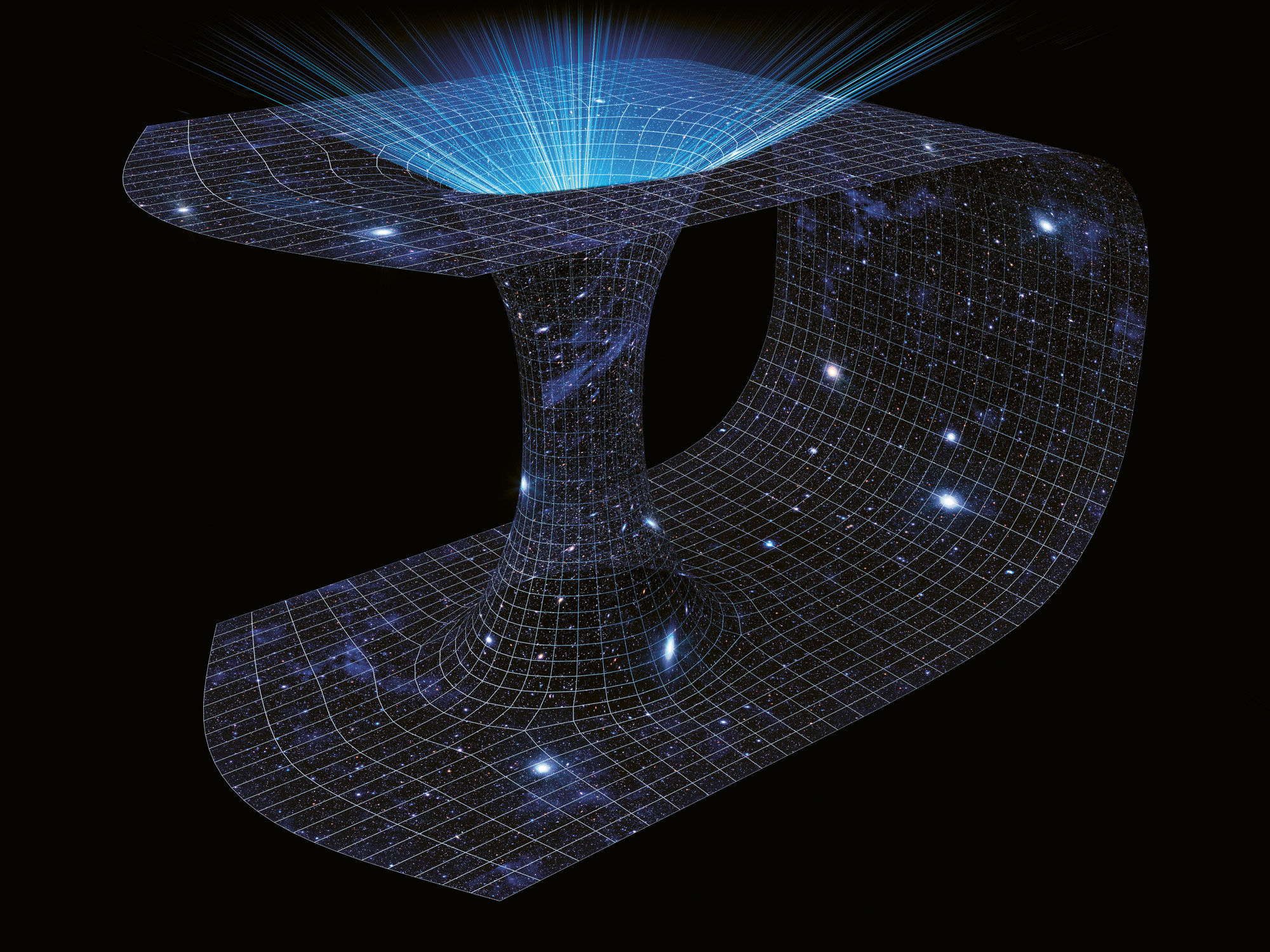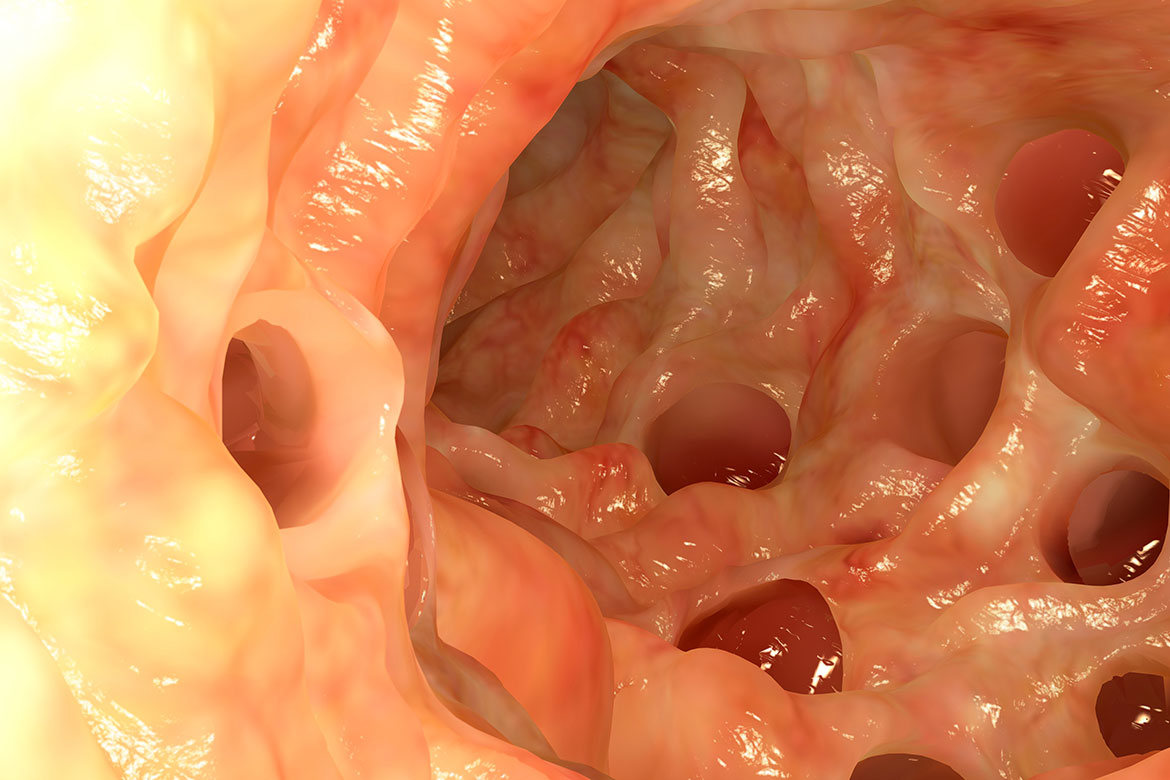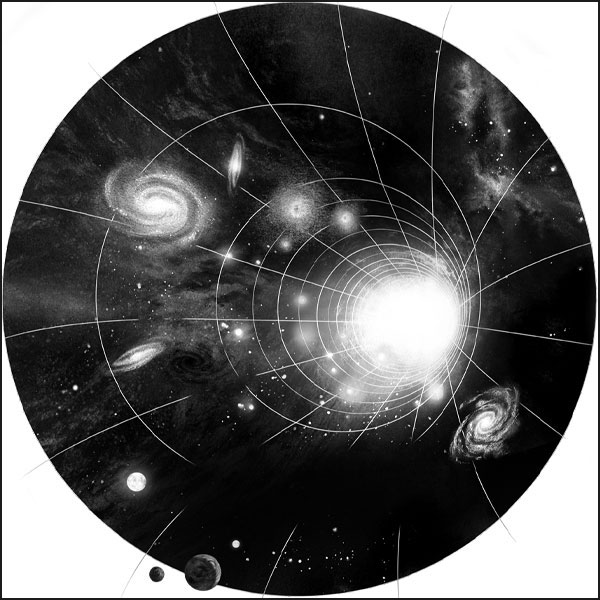Black holes may make time travel possible
Time travel is possible – theoretically, for elementary particles with an accelerator one billion kilometres long.

Theoretically, particle physicists could link different corners of the Universe. | Image: Stockernumber2/Dreamstime
Teleportation and travelling forwards through time may be possible through wormholes, the bipolar black holes that link different regions of the universe. This is the conclusion drawn from a model created by Kyriakos Papadodimas of CERN and Rik van Breukelen of the University of Geneva. Instantaneous travel and travel into the future would become possible by travelling through a wormhole, and this completely free of the time dilation predicted by Einstein’s theory of relativity. It is, however, “a purely theoretical model that would only apply to an elementary particle, such as a photon”, adds van Breukelen.
With their model, the physicists have developed a new category of worm hole and describe – in theoretical terms – how information stored on a particle (e.g., using its electrical charge) could travel instantaneously to another part of space-time. “Wormholes are today still only theories”, says van Breukelen. “But, in principal, it would be possible to create an artificial black hole, by using a particle accelerator, for example, although it would have to be a billion kilometres long, the same distance the Earth travels around the sun in a year. So it’s an idea that’s theoretically possible, but also many millennia ahead of its time”.
Investigation into the phenomenon is advancing on two separate tracks: the Anti-de Sitter space (AdSn), based on a quantum theory of gravitation, and the conformal field theory (CFT), a model of elementary particles that treats them as excitations of the fields of fundamental forces.
This work remains abstract in nature. There’s still a long way to go before computers can simulate the behaviour of particles travelling through a worm hole. “That will require quantum computers, which may not see the light of day for another 15 years. Even then, we’re still talking simulations, but it beats waiting 2,000 years”, says van Breukelen.




